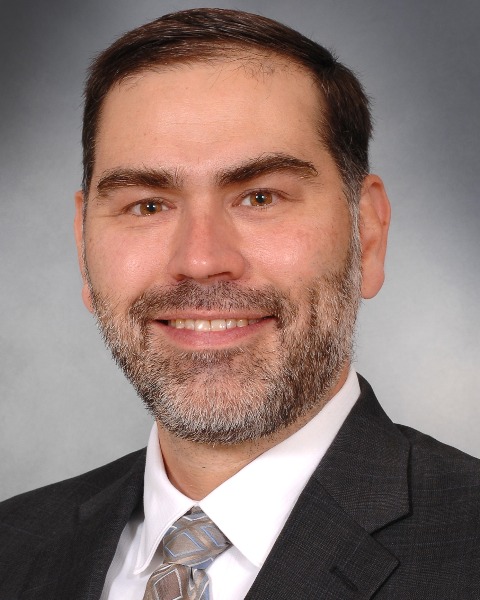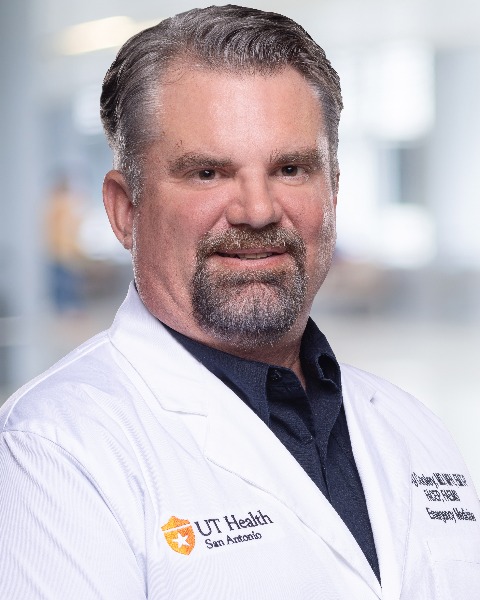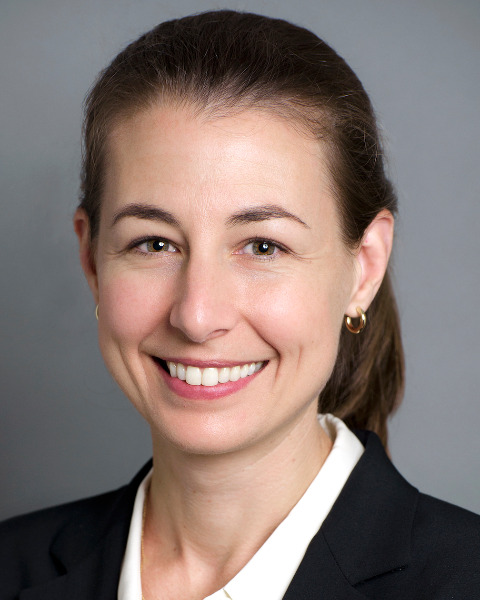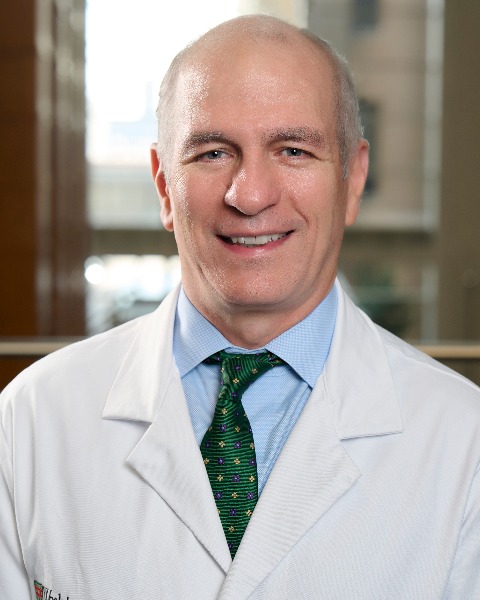How Prehospital Severe Stroke Screening Impacts Patients and Systems of Care: A Debate (Neurologic EM and Emergency Medical Services Interest Group Sponsored)
This session co-sponsored by the Neurologic Emergencies Interest Group and the EMS Interest Group will address controversies with prehospital screening and transport of patients with severe stroke syndromes. Recent attention has been focused on how emergency medical services (EMS) practitioners can identify patients with large vessel occlusion (LVO) acute ischemic stroke (AIS) who may benefit from direct transport to stroke centers capable of providing endovascular therapy. However, severe stroke screening carries important patient-level considerations, including how to best screen for severe stroke and its impact on outcomes of patients with and without LVO AIS. Additionally, direct transport carries important systems of care considerations for receiving emergency departments. Low specificity screens can lead to over-triage to thrombectomy-capable and comprehensive stroke centers, which in turn can negatively affect emergency department operations at higher level stroke centers and reduce appropriate patient encounters at primary stroke centers. In contrast, overly specific screens can lead to under-triage of LVO AIS, leading to the need for interfacility transfer and delays in definitive treatment. This session will present a debate among experts in the field about the advantages and disadvantages of prehospital severe stroke screening. The session will begin by describing severe stroke screening and an example from a large urban EMS system, followed by a debate of the patient-level pros and cons of prehospital severe stroke screening. Next, speakers will discuss how severe stroke screening affects emergency department operations at both referring and receiving stroke centers. Lastly, the session will discuss innovations to optimize stroke systems of care. Upon completion, attendees will define severe stroke screening and direct transport for suspected stroke patients, specify the advantages and disadvantages to severe stroke screening for patients and emergency departments, and identify future innovations to optimize stroke systems of care for severe stroke patients.
Presenters:
- Christopher T. Richards, MD, MS
- Craig Cooley, MD, MPH, EMT-P, FACEP, FAAEM, FAEMS
- Lauren E. Mamer, MD, PhD
- Peter D. Panagos, MD
- Lauren M. Nentwich, MD
- Cemal B. Sozener, MD, M. Eng., FACEP, FAHA
- Latha Ganti, MD







